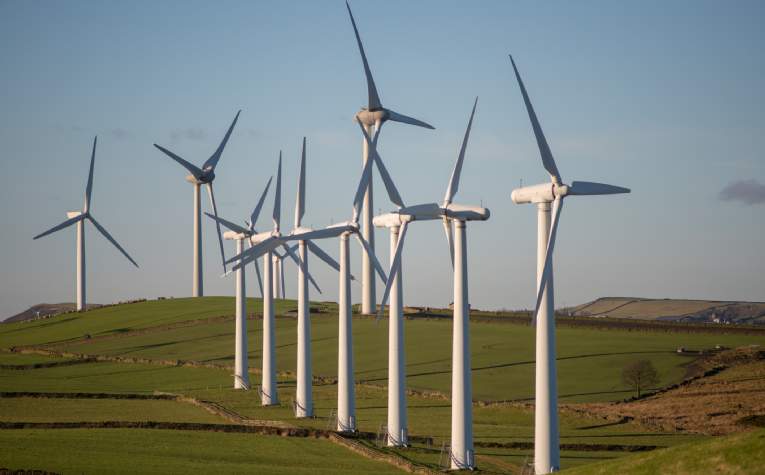GRESB (formerly the Global Real Estate Sustainability Benchmark) is in place to help evaluate and improve the sustainability performance of assets. It recently released the results from its 2023 submission cycle, as well as changes to its 2024/5 entries, making it clear that we are now in a decade of disorder due to a delay in climate action. This means, moving forward, its focus is now on rapid decarbonisation.
What did the results of the 2023 submission show?
Over 2,000 participants covering more than 75 countries, with a gross asset value (GAV) of $7.2 trillion, took part in 2023. Overall, greenhouse gas emissions were down, however energy consumption was up, which can be attributed to the return to the office.
What was also apparent was that those who have undertaken GRESB for a number of years achieved higher scores as they continue to benchmark their progress.
What will change in 2024?
In order to drive continual improvement, GRESB has made some changes to its 2024 submission requirements; these include:
- Imposing an expiration for building certifications and defining validity periods – this means a building certification’s age will now impact scores.
- Separating out electric vehicle (EV) consumption as a non-operational consumption - EV consumption shall be reported as non-operational consumption and will not be considered in the energy like-for-like change metrics. Failure to separate them will put an asset in a more disadvantageous position.
- Energy efficiency scoring - this will be a supplemental insight within the submission process. While the technical and methodological details are being communicated later in the year, in the future this update is expected to fundamentally change the GRESB scoring structure by considering the operational performance of real estate assets.
- Scoring for Net-Zero targets - participants are now rewarded for demonstrating a net zero target.
- Alignment with the IFRS S2 - the climate strategy indicator scope will be expanded to cover opportunities that align with both the Task Force on Climate Related Financial Disclosure (TCFD) and International Financial Reporting Standards (IFRS S2), which are expected to become mandatory reporting requirements in multiple jurisdictions.
What about 2025?
Looking even further ahead, GRESB has also shared its focus for updates in the 2025 submission cycle, which signals a commitment to long-term planning. Changes will see research needed to identify existing gaps and development opportunities on aspects such as biodiversity, diversity, equity and inclusion as well as embodied carbon.
Participants will also need to provide a comprehensive roadmap covering critical components of net zero as well as a revised criteria on how to both recognise and score building certifications.
How can you prepare?
The expectations remain high, but it’s not too early to start reviewing any current gaps identified by the last assessment in order to improve before the end of the reporting year, and beyond. Sustainability reporting must be action-driven, while recognising that the bar is continuously rising and meeting minimum requirements is no longer sufficient.
Further information
Contact Daisy Ash or Jonathan Li
.jpg)

-be-a-significant-emerging-asset-class-in-europe(1).jpg)
.jpg)
.jpg)
.jpg)




.jpg)